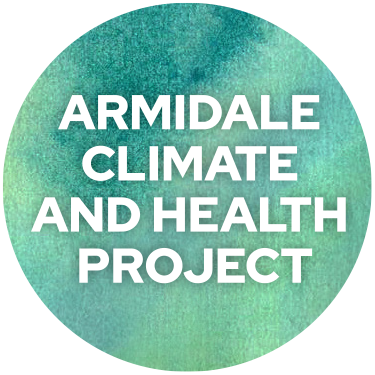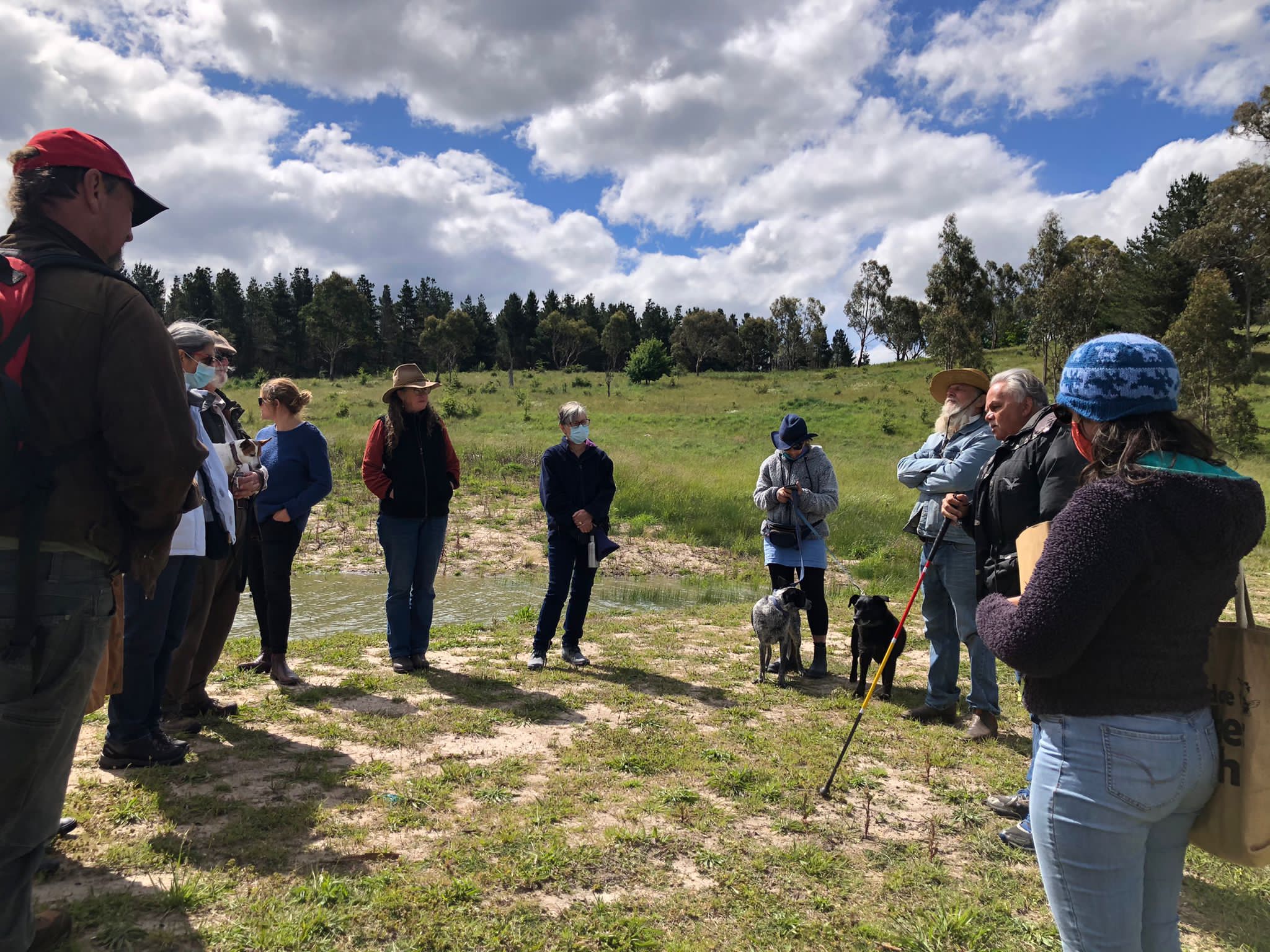By Gabi Briggs, Sujata Allan and Jennifer Hamilton
Published on Page 9 of the Armidale Express December 3, 2021
After a weekend of wild winds felling trees and reminding us once again of our vulnerability to extreme weather, world leaders have just finished 2 weeks of climate negotiations at COP26 in Glasgow. The “Glasgow Climate Pact” has made clear the urgency of action, however it falls short of the strong international agreement necessary to mitigate the worst of climate change. While this is cause for concern, it does not mean we should give up and watch the world burn. The Glasgow pact highlights the importance of Indigenous knowledge in climate action, and there are many kernels of hope in the pact that can guide our local action.
This is the first climate agreement to mention the notion of Climate Justice and it does so in the preamble: “noting the importance for some of the concept of ‘climate justice’3, when taking action to address climate change”.
The concept of ‘climate justice’ was brought to COP26 by over 100 000 activists who recognised the uneven social and economic consequences of climate change. Although the negotiation process introduced the troubling qualification that justice is only important “for some”, it is possible to seize upon this challenge and orient climate action towards this goal.
The pact also explicitly states that Indigenous people and local communities be empowered to craft their own responses to this global challenge. The clause (93) emphasises “the important role of indigenous peoples’ and local communities’ culture and knowledge in effective action on climate change, and urges Parties to actively involve indigenous peoples and local communities in designing and implementing climate action.”
While we need to push for more leadership at a national and international level, we also can keep working on things closer to home.
Last weekend as part of the Armidale Climate and Health Project, a group of people from Armidale and Dorrigo gathered to think about what this might mean: how can we, the local community of New England, really listen to and learn from Indigenous community members in the way we imagine climate action in the region?
Also how can those who have benefited most from the colonisation of the lands and waters be involved in addressing not only climate change, but the injustices of colonisation?
We like to have clear answers to things, such as solar farms to support a transition away from fossil fuels. However the question of how we centre Indigenous knowledge and health in climate action is more complex, and requires that non-Indigenous people work alongside and listen carefully to Indigenous people as allies in this journey. This requires solidarity in the many and intertwined fights for justice, like stopping Black Deaths in Custody and supporting the ongoing struggle for land rights.
Industrialisation and colonisation go hand in hand. The development of fossil fuel technologies and the exploitation of land and water in unsustainable ways are products of the same violent taking of land and life from Indigenous people around the planet.

What does climate action look like when it centres Indigenous knowledge and sovereignty? What could a collective approach to climate change be if we were to respect, value and centre Indigenous knowledge and seek justice for all? We need to find answers to these questions.
Indigenous people cared for Country across the continent for tens of thousands of years prior to invasion, and still do so today but are hampered by the sheer scale of the powerful players that are fuelling this planetary crisis.
Indigenous knowledge can teach us how to respectfully relate to the ecosystem and each other. Non-Indigenous settlers might have a thing or two to learn from Indigenous folks. But that learning cannot replay the same violence, it also must also involve open-hearted recognition and respect for Indigenous sovereignty and authority as well. It might involve giving something back for the chance of creating a better future.

